The State of
Africa-Europe 2025
As we mark 25 years of partnership between the European Union and the African Union, we recognize both the achievements and the untapped potential of this historic collaboration. Today, more than ever, we call for a fundamental paradigm shift: a partnership based on equality, moving beyond traditional aid toward joint investment, co-ownership, and shared value creation, in order to fully unlock Africa’s economic, technological, and social potential.
DOWNLOAD
THE REPORT
HERE
In a rapidly fragmenting global landscape, this requires a new compass for cooperation, one that prioritises mutually beneficial, forward-looking investments and transforms the Africa-Europe relationship into a true engine of sustainable growth, innovation, and resilience.
With the USAID era drawing to a close, it is more crucial than ever for Europe and Africa to invest in the healthcare systems of tomorrow, ensuring they are resilient, sustainable, and locally owned. Just as technology evolves, so too must our health systems, embracing innovations in digital health, advancing health diplomacy, and building climate-resilient infrastructures. By doing so, Africa can not only safeguard the well-being of its populations but also position itself as a leader in sustainable, forward-looking healthcare solutions.
Africa’s health spending reached US$145 billion in 2022; governments covered 41%, with only Rwanda, Botswana, and Cabo Verde meeting the Abuja 15% target. External aid still funds a third of spending, underscoring the need for pooled, pre-paid financing.
In the EU, health expenditure reached €1.25 trillion in 2023 (7.3% GDP); government and compulsory schemes cover 81%, with OOP payments at 14% – proof that pooled pre-payment protects households and stabilises providers.
Funding volatility remains a stress test. In January 2025, USAID cancelled 83% of its health contracts, creating a US$5.7 billion gap and disrupting services – reinforcing the need for countercyclical, domestic financing.
Africa’s fiscal landscape reveals a widening imbalance between debt servicing and social investment. In more than a dozen countries, annual debt-service payments now exceed total government health expenditure, directly constraining progress toward universal health coverage and pandemic preparedness.
Blended-finance instruments and guarantee facilities under Global Gateway and multilateral development banks can help reduce the cost of capital and crowd in private investment for essentital services. Their impact, however, depends on credible national budget frameworks and medium-term health expenditure plans. Integrating DRM and health investment strategies is thus key to achieving the fiscal sustainability and autonomy envisioned in both the Lomé Declaration and Agenda 2063.
60% of Africa’s vaccines for a resilient local health workforce and infrastructure

Investing in clean cooking solutions is an example of a high impact issue cutting across sectors

It is key to focus on foresight and support for a resilient local health workforce and infrastructure

Investing in future-proof health
Europe and Africa must invest in resilient, locally owned, and future-ready health systems.
External aid still funds a third of African healthcare spending.

Africa faces a shortfall of ~6.1 million health workers by 2030.

Clean cooking and health workers’ formation are keys to sustain African healthcare systems.

Africa and Europe must strengthen their capacities to build a new model of cooperation in energy and industry.
Facing the shared challenge of climate change, both continents should prioritize decarbonized energy and green industrialization, leveraging initiatives such as green ammonia production and Clean Trade and Investment Partnerships.
By aligning their strategies, they can drive sustainable growth, create jobs, and accelerate the transition to a low-carbon, resilient economy.
The launch of the African Space Agency in January 2023 has been an important step to deepen cooperation

European museums hold more than 460,000 African artifacts

A new era for energy and industrial partnerships
In light of Africa’s inherent green assets and potential, a strategic focus should be placed on policies and investment designed to bolster African energy sectors.
Despite Africa’s vast renewable energy potential, over 560 million people in Sub-Saharan Africa are projected to remain without electricity by 2030.

Over 3 million green jobs are forecast for 2030.

Africa and Europe should strengthen mutual resilience by jointly developing low-carbon, traceable mineral value chains, ensuring that African processing contributes directly to EU supply-security objectives.
A stepwise value-addition approach, underpinned by regional industrial corridors and data-verified incentives, allows both continents to secure critical minerals while simultaneously expanding Africa’s share of value creation and industrial capacity.
Clean-energy technologies and low-carbon industry depend on copper, cobalt, graphite, lithium, nickel, manganese and rare earths, among others; at the same time, African economies seek to move beyond extraction into processing and manufacturing. Today’s pattern remains extraction-heavy with thin mid-stream capacity on the continent.
In 2022, Zambia produced ~763,550 tonnes of copper, yet ~95% of refined cathode was exported, leaving only ~15,000 tonnes for domestic users – too little to sustain wire/cable fabrication at scale.1 This typifies the gap between mine output and inputs available to manufacturers.
The European Union’s Critical Raw Materials Act (CRMA) sets explicit 2030 benchmarks (e.g., 40% processing within the EU or in trusted partnerships),2 while due-diligence and carbon-intensity expectations are tightening. Alignment on monitoring, reporting and verification (MRV) is not yet universal across African supply
Across several TMs, export baskets are dominated by ores/concentrates or basic cathodes, with limited shipment of precursors or components – reflecting missing utilities, skills and scale rather than geology. Where mid-stream exists, it often operates below nameplate due to power or water constraints.
Comparative costing shows that mediumscale precursor steps (e.g., ~10,000 t/yr) can be competitive in Central/Southern Africa when reliable power, water and logistics are secured – indicating that the barrier is bankability, not inherent cost.
The nexus is clear: Europe needs reliable, responsibly sourced inputs; Africa needs industrialisation and jobs. The constraint is converting resource endowments into utilitiesready mid-stream capacity linked to strategic corridors and EU-compatible standards.
Africa borrows at up to eight times the cost of richer countries

The EU has a budget 276 times bigger than the AU

The AU relies on outside contributions for 66% of its annual budget

From ore to more: rethinking transition mineral partnerships
Europe requires reliable and responsibly sourced inputs, while Africa holds essential resources and seeks further industrialisation and job creation.
Projects such as the LuNa Smelter Joint Venture in Rwanda of the AfricaMaVal demonstrate what true Europe–Africa partnership can achieve.

Demand for Critical Energy Transition Minerals is expected to triple by 2030 and quadruple by 2040.

Finance, the report’s central thread, emerges as a key instrument for transforming Africa-Europe cooperation, particularly by mobilizing domestic resources and tackling illicit financial flows (IFFs) that drain over $90 billion from the continent each year.
It further while highlighting the need to reform the partnership across all sectors – from trade and energy to health, security, and digital infrastructure – to ensure a truly transformative, equitable, and sustainable collaboration.
By translating these sectors into bankable, resilient, and climate- and nature-positive growth models, both continents can simultaneously raise African incomes, productivity, and food security while unlocking sustainable jobs and value addition across green and blue value chains.
Initiatives such as the Africa-Europe Cooperation Roadmap can fill these gaps.
In Africa, it currently generates around USD 296–300 billion annually and supports about 50 million jobs across fisheries, aquaculture, tourism, transport, and related sectors. With investments in coastal tourism, marine minerals, oil and gas, blue carbon, and other ecosystem services, its value is projected to rise to USD 405 billion by 2030 and USD 576 billion by 2063. In the European Union, the blue economy continues to expand, generating € 890.6 billion in turnover, € 250.7 billion in gross value added, and employing around 4.82 million people in 2022.
Preliminary 2023 estimates point to further growth, with € 263 billion in GVA and 4.9 million jobs – confirming steady expansion across maritime sectors, with coastal tourism and maritime transport remaining the largest contributors to value and employment.
In 2024, 163 million Africans faced acute food insecurity,4 while the continent’s agri-trade deficit reached USD 110 billion in 2023. These pressures call for co-investment in resilient agri-food systems – including an enabling ecosystem for medium and large-scale enterprises (MLE) that can anchor value chains, attract private capital, and drive industrial efficiency. Such enterprises should be designed to integrate and create market opportunities for smallholder farmers, enabling them to supply inputs, share products, and strengthen production lines. Investments in storage, logistics, irrigation, and early processing capacity can further lower Africa’s import bills, reduce post-harvest losses, and stabilise Europe’s supply chains, while building inclusive, scalable business models that enhance livelihoods and nutrition.
Africa’s agri-food economy, projected to exceed USD 1 trillion this decade, will be shaped primarily by demographic expansion, which is the strongest driver of future economic transformation and workforce growth. Prospective models indicate that the agri-food sector – more than services – will form the backbone of decent job creation at scale and lay the foundation for sustainable industrialisation. Stronger Africa-Europe cooperation should therefore focus on balanced value chains and co-investment in production and processing.
For Africa, this means greater local value capture, job creation and income security. For Europe, this means reinforced food security through diversified sourcing, joint standards, shared technology, and more stable supply chains.
Africa-Europe has the potential to collaborate on effective and ambitious global carbon pricing and true carbon credits

Financing blue economy and resilient agri-food systems
Resilient and clean agri-food systems as well as the enhancement of oceans’ potential can constitute pillars for the Africa-Europe cooperation.
In 2024, 163 million Africans faced acute food insecurity.

With investment, the blue economy potential is projected to reach a value of 405 billion USD in 2030.

There is an urgent need to close Africa’s infrastructure financing gap by addressing project bankability, risk perception, and capital mobilisation, with Africa-Europe partnerships, such as the Abidjan-Lagos Corridor, showing that connectivity is key to development.
The Peace Support Budget comprises 43% of the AU's total budget.

The EU allocated Kyiv EUR 3.6 billion and pledged EUR 600 million to the AU for peacekeeping.

The Ibrahim Index of African Governance has reported a decline between 2017 and 2021

Unlocking sustainable infrastructure financing
Infrastructures are crucial to ensure trade and regional integration.
Africa needs $130–$170 billion per year to meet its infrastructure needs, yet current commitments hover around $80 billions.

Approximately 80% of African infrastructure projects stall before reaching bankability.

The Ibrahim Index of African Governance has reported a decline between 2017 and 2021

Building trusted data, AI, and digital infrastructure is becoming a cornerstone of the Africa–Europe partnership, enabling cross-border services that improve governance, transparency, and economic integration.
At the same time, major investments in fibre networks, satellite systems, space services, and interoperable data governance are creating the foundations for Africa’s digital sovereignty while offering Europe more resilient, standards-aligned digital corridors.
Only 12.7% of all migrants in Europe are African

63% of Swedes reported that immigrants make the country a better place to live.

AI and digital transformation
Africa and Europe should seize the opportunities offered by technological progress to embrace their potential.
As of 2025, only 38–40% of Africans have internet access, compared to over 90% in Europe.

The MEDUSA project, backed with European investment,connects 12 landing points across Africa, allowing connectivity for 500 universities and research centers.

Africa and Europe now stand at a pivotal moment, where moving from intent to implementation can transform their partnership into a stabilising axis in an increasingly fragmented world.
By shifting from an aid-driven model to one based on co-investment, shared benefits, and joint governance, both continents can unlock the full potential of their intertwined futures and build a resilient, forward-looking alliance.
Unlocking culture’s full potential requires shifting from fragmented, short-term initiatives to sustained, co-created cultural and creative ecosystems – supported by investment, skills, fair digital governance, and equitable partnerships that treat culture as a strategic pillar of the Africa-Europe relationship.
Only 12.7% of all migrants in Europe are African

63% of Swedes reported that immigrants make the country a better place to live.

Culture and investment in creative industries
Cultural cooperation between Africa and Europe can act as a driver for jobs, innovation and mutual growth.
29% of African youth, see lack of funding as the biggest barrier to cultural engagement.

Experts estimate that 80-90% of African Heritage is found in European museums and storage facilities.

Africa and Europe are gaining momentum as joint champions of renewed multilateralism – driving adoption of the UN Pact for the Future, advancing global governance reforms (from tax and financial architecture to UNSC and WHO negotiations), and aligning their positions in emerging areas such as carbon markets, ocean governance, peace-building, and youth inclusion to strengthen a more equitable, representative, and resilient international system.
Only 12.7% of all migrants in Europe are African

63% of Swedes reported that immigrants make the country a better place to live.

Multilateralism 2.0
Europe’s role is to give space to Africa to lead, by re-structuring international institutions.
56 actions were agreed in the UN Pact for the Future to rebuild trust and reform global governance, one of the most comprehensive multilateral reform packages in decades.

African countries represent 54 UN Member States, yet hold only 3 seats, (none permanent) on the UN Security Council despite representing 28% of the UN General Assembly.
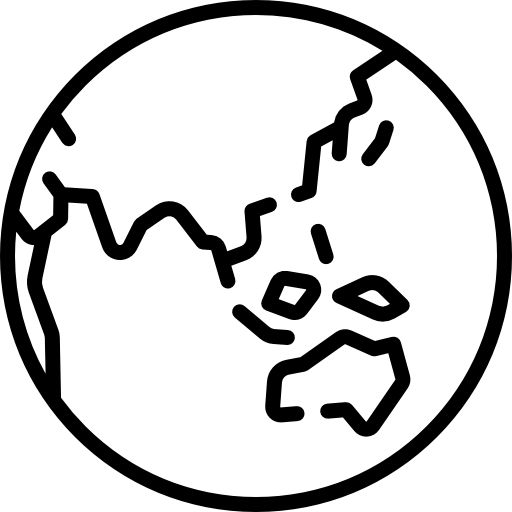
Africa accounts for over 46% of all IMF programmes since 2000 but holds only 6.5% of IMF voting shares, the lowest of any world region except Oceania.

Words from our partners



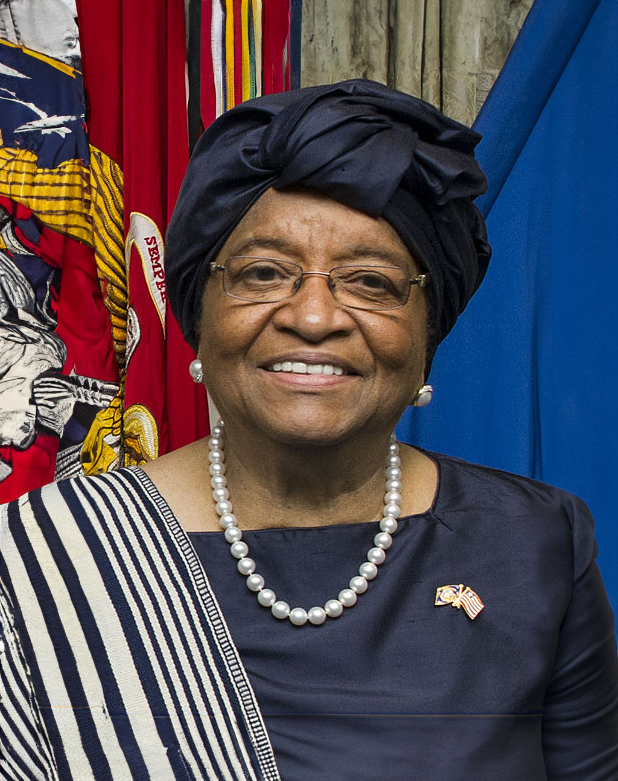
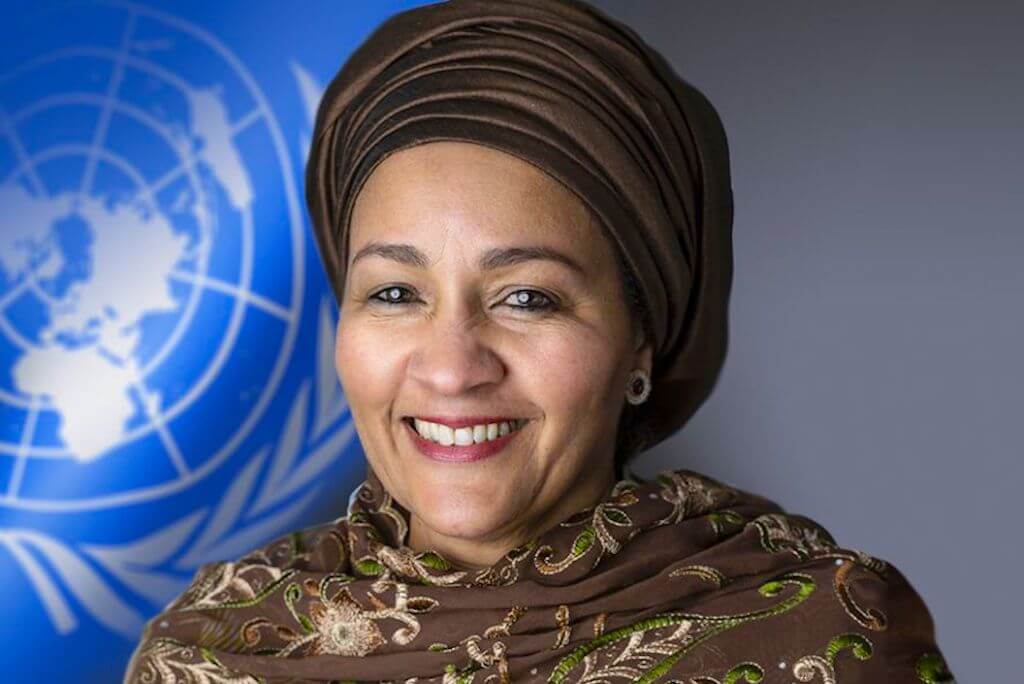

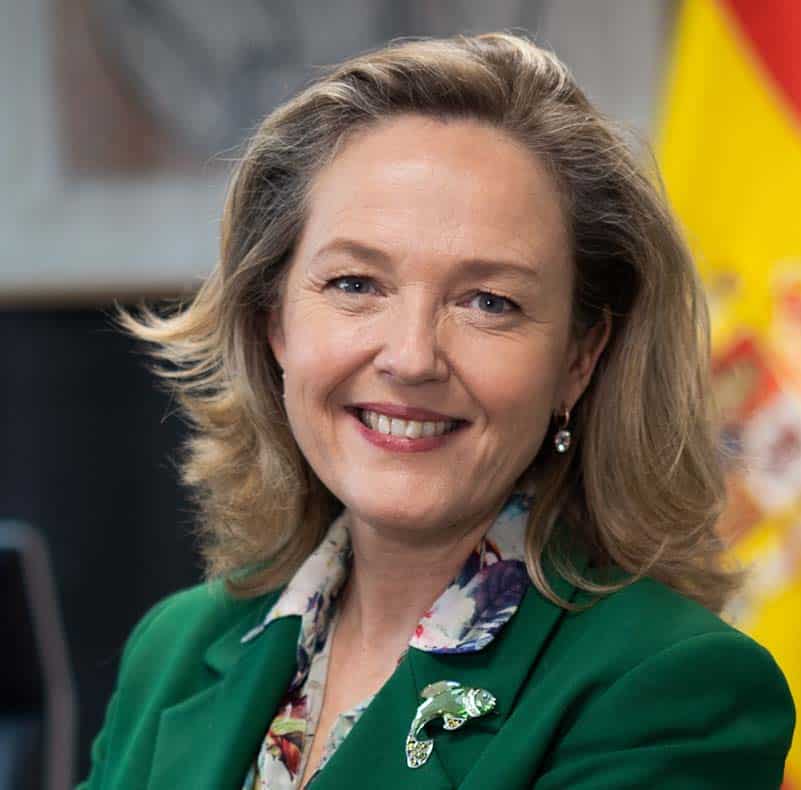

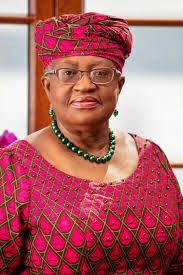
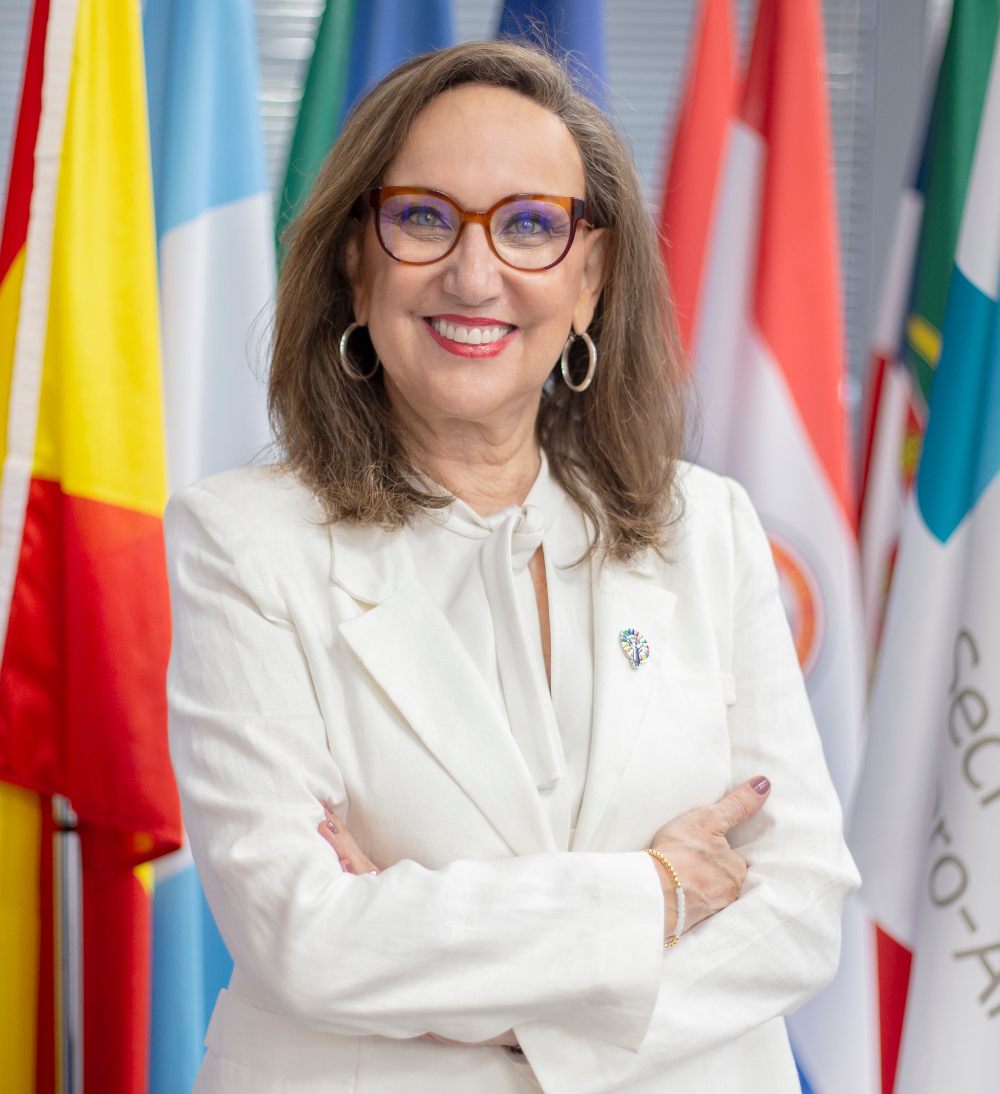
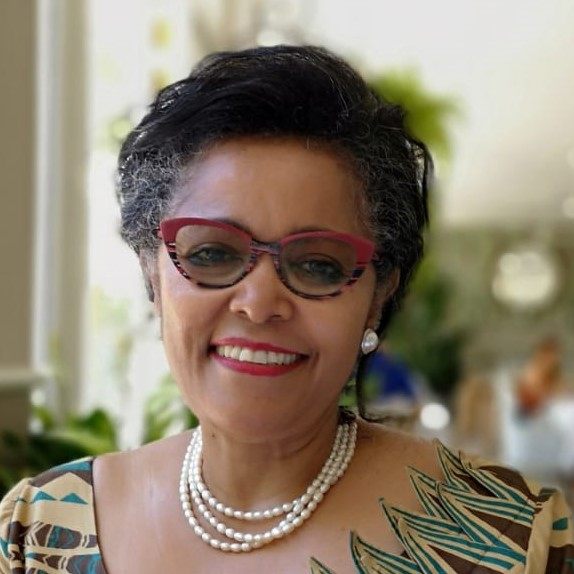
REPORT 2025
Downloads
Download the complete report in PDF:
Download the executive review containing a summary of the main topics of the report:
Download chapters separately: